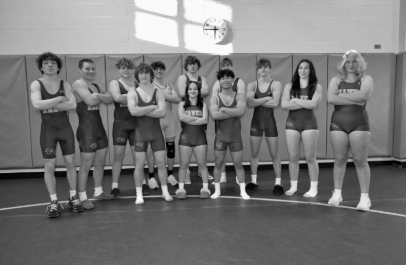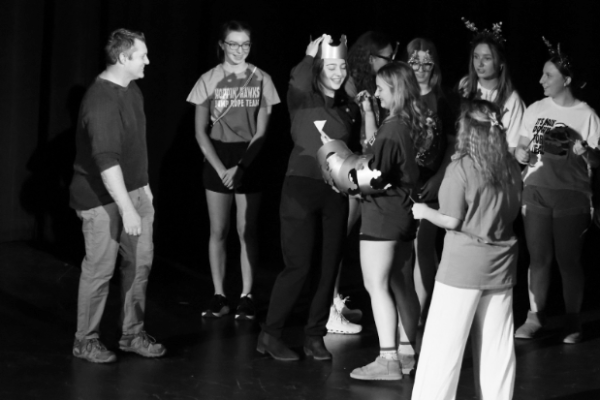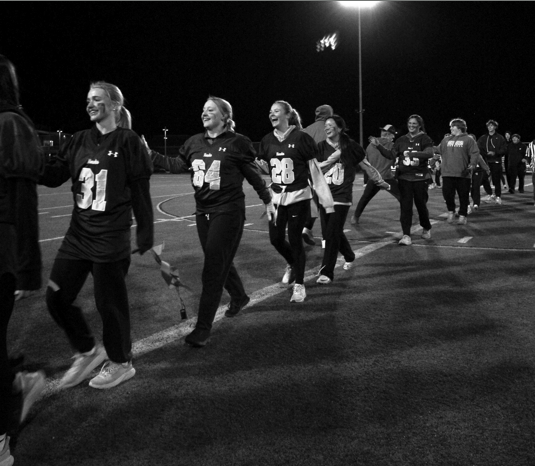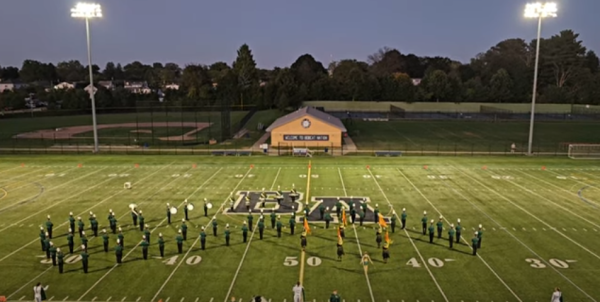Academics battle athletics, Higher education versus extended careers
What’s more important athletics or academics? This question should be easy. From little league to club, coaches have told their players ‘school comes first’. But how did this idea fall apart from high school to college? It’s a simple answer, money.
Who makes money on how you perform athletically in high school? No one. But who makes money when collegiate athletics do well? Colleges. In 2015 University of Alabama made almost $100 million dollars from their football program, according to forbes.com.
The main priority for university athletics is revenue. There is no more ‘play to have fun’ it becomes ‘play to win so people watch and we make money’. However, the main concern for the university should be to make sure their students receive an education. But that’s not what’s happening. Athletes are being put into the simplest classes so their grades stay high enough to remain eligible to play.
Colleges have become so competitive that people are being accepted into schools based on their athletic abilities instead of their academic abilities. While colleges will deny this is happening, the reality is, it does.
The famous Tar Heels at University of North Carolina have recently been involved with a scandal that directly related to the academics of their athletes. A professor and the university created approximately 40 courses that did not exist. What this means is that the students never had to go to class but still received grades. These classes were all filled with football and basketball players.
Because athletes are being accepted into universities based on their physical abilities instead of their academic ability, they are not ready for what the classes entail. So the university either makes exceptions for them to make it easier or they struggle through the class load and receive poor grades. This is why universities have to choose students who are academically prepared for their school.
Not only will choosing academically inclined students improve the overall academics of the university, but it may generate motivation for good athletes to become good students as well. Although there are students who are proficient in athletes and academics, it’s hard to focus on both.
If you are going to college primary to continue your sports career you are going for the wrong reason. Go to college for education, playing sports is a bonus. I can guarantee that you will need a job after college and odds are it’s not going to be as a profession athlete.



















